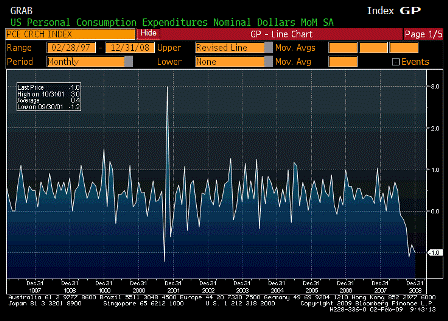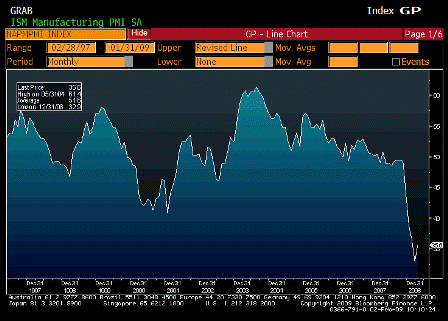[Skip to the end]
From Geithner testimony April 3, 2008:
Bear Stearns
“With this important context, let me return to the actions taken by the Federal Reserve in response to the situation that arose at Bear Stearns. That response was shaped in roughly four stages: (1) the decision on the morning of March 14 to extend a non-recourse loan through the discount window to JPMorgan Chase so that JPMorgan Chase could in turn lend that money to Bear Stearns;…
We did not have the authority to acquire an equity interest in either Bear or JPMorgan Chase, nor were we prepared to guarantee Bear’s very substantial obligations. And the only feasible option for buying time would have required open ended financing by the Fed to Bear into an accelerating withdrawal by Bear’s customers and counterparties.
We did, however, have the ability to lend against collateral, as in the back-to-back non-recourse arrangement that carried Bear into the weekend. After extensive discussion with my colleagues at the New York Fed, Chairman Bernanke, and Secretary Paulson, and with their full support, the New York Fed and JPMorgan Chase reached an agreement in principle that the New York Fed would assist with non-recourse financing. Using Section 13(3) of the Federal Reserve Act, the New York Fed agreed in principle to lend $30 billion to JPMorgan Chase and to secure the lending with a pledge of Bear Stearns assets valued by Bear on March 14 at approximately $30 billion.”
Geithner clearly told Congress this was a non recourse loan.
In fact, he knew or should have known it was a purchase, which was actually a better arrangement for the Fed.
This is the March 24, 2008 press release from the NY Fed:
The Federal Reserve Bank of New York (“New York Fed”) has agreed to lend $29 billion in connection with the acquisition of The Bear Stearns Companies Inc. by JPMorgan Chase & Co.
The loan will be against a portfolio of $30 billion in assets of Bear Stearns, based on the value of the portfolio as marked to market by Bear Stearns on March 14, 2008.
JPMorgan Chase has agreed to provide $1 billion in funding in the form of a note that will be subordinated to the Federal Reserve note. The JPMorgan Chase note will be the first to absorb losses, if any, on the liquidation of the portfolio of assets.
The New York Fed loan and the JPMorgan Chase subordinated note will be made to a Delaware limited liability company (“LLC”) established for the purpose of holding the Bear Stearns assets. Using a single entity (the LLC) will ease administration of the portfolio and will remove constraints on the money manager that might arise from retaining the assets on the books of Bear Stearns….
…Repayment of the loans will begin on the second anniversary of the loan, unless the Reserve Bank determines to begin payments earlier. Payments from the liquidation of the assets in the LLC will be made in the following order (each category must be fully paid before proceeding to the next lower category):
- to pay the necessary operating expenses of the LLC incurred in managing and liquidating the assets as of the repayment date;
- to repay the entire $29 billion principal due to the New York Fed;
- to pay all interest due to the New York Fed on its loan;
- to repay the entire $1 billion subordinated note due to JPMorgan Chase;
- to pay all interest due to JPMorgan Chase on its subordinated note;
- to pay any other non-operating expenses of the LLC, if any.
Any remaining funds resulting from the liquidation of the assets will be paid to the New York Fed.
This last statement indicates this was functionally a purchase of assets by the Fed and not a loan as Geithner testified.
The question is, why was he less than truthful to Congress when he characterized it as a loan when it was a purchase?
Particularly when, as a purchase, the terms were more advantageous for the Fed?
[top]














